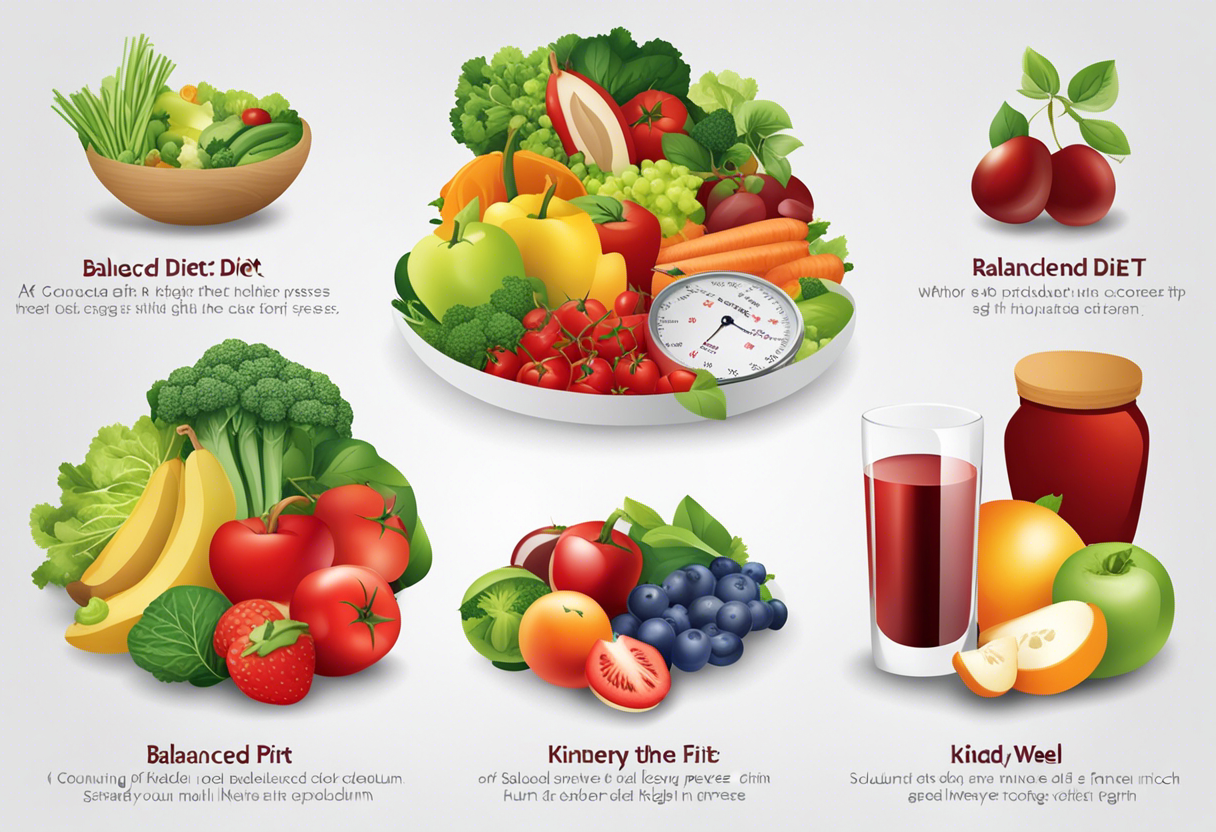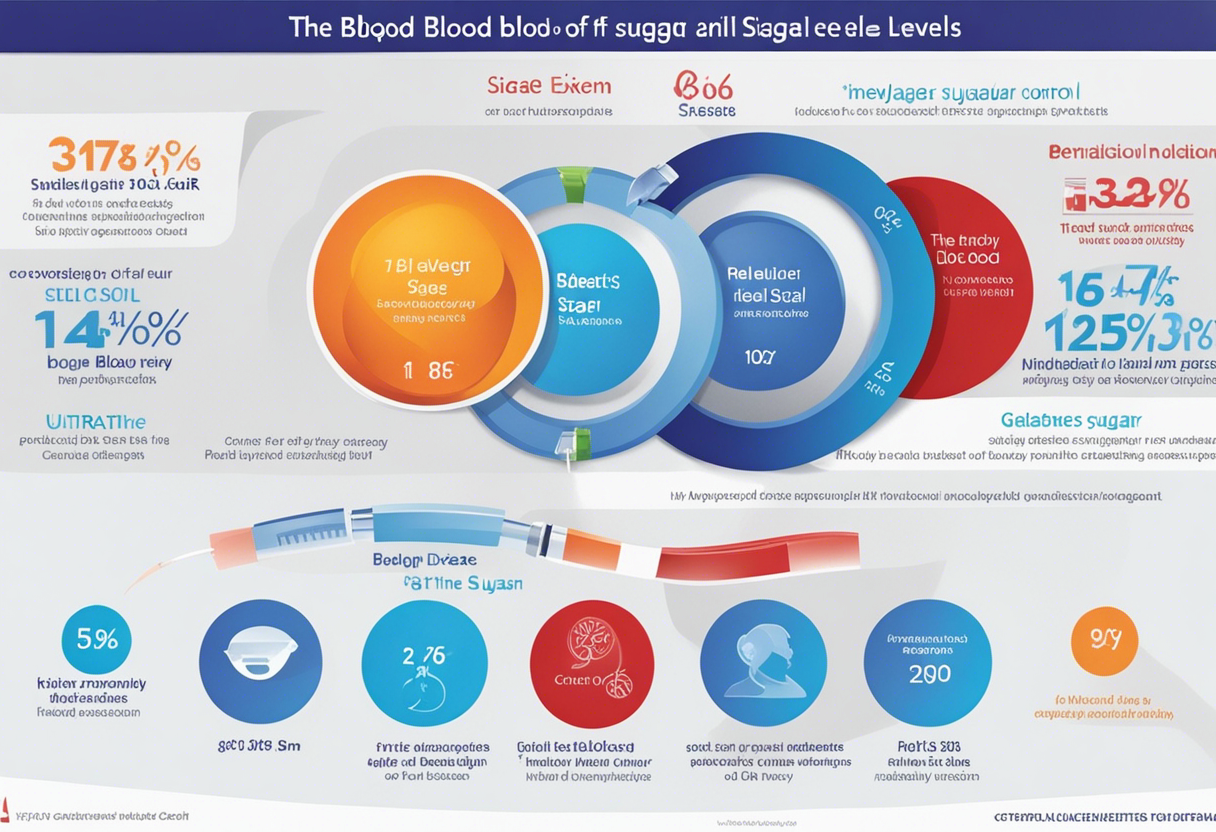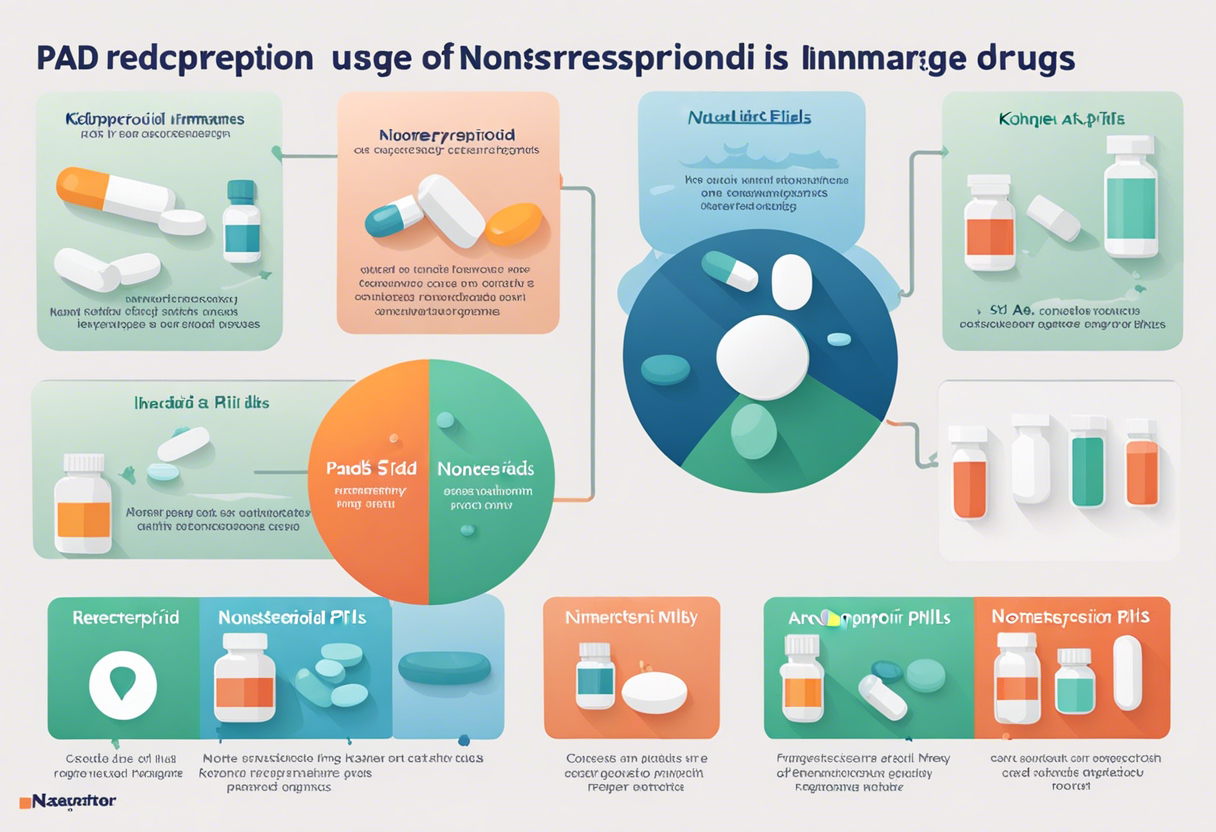Diving Deep into the Core of Kidney Health: Five Essential Elements for Well-being Beyond the Ordinary
Our journey commences with examining hydration’s critical part in maintaining kidney health. The kidneys, functioning as part of the body’s natural filtration system, help remove waste products from the blood. Adequate hydration plays a vital role in this process, helping the kidneys transport these waste products into the bladder for subsequent excretion. Failing to maintain proper hydration levels can exert unnecessary stress on your kidneys, potentially leading to serious health issues over time. Remember, kidney health goes beyond mere sustenance; it's about living your best life, fueled by a body working at its peak.
Balanced Diet: The Foundation of Kidney Well-being

There's an old saying that you are what you eat, and when it comes to kidney health, this phrase holds a great deal of truth. The components of your diet greatly influence your kidney's functioning. Consuming too much sodium, for example, can cause high blood pressure, in turn putting strain on your kidneys. On the other hand, a balanced diet rich in fruits, vegetables, lean proteins, and whole grains can help keep blood pressure levels in check, supporting both overall health and specifically, kidney function.
Regular Exercise and Kidney Function

The health benefits of regular exercise are far-reaching, extending to our kidneys as well. Regular physical activity helps regulate blood pressure and blood sugar levels, both of which are essential for kidney health. High blood pressure can cause lasting damage to the kidneys, while high blood sugar (a hallmark of diabetes) is one of the leading causes of kidney disease. Striving for a more active lifestyle can mitigate these risks, providing a powerful tool for maintaining kidney health.
The Implications of Control Blood Sugar Levels

Building directly on the previous point, we must highlight the importance of controlling blood sugar levels. As the prevalence of diabetes continues to soar, so does the risk of developing kidney disease. Regulating blood sugar levels can help prevent this from happening, arming you with protective factors against the development of kidney complications. A balanced diet, regular exercise, and responsible medication use are key in mastering blood sugar control.
Importance of Routine Health Check-ups

Finally, we arrive at the essential final element of kidney welfare – regular health check-ups. Early detection is key to preventing the progression of many ailments, including kidney disease. Regular screenings help detect any early signs of kidney dysfunction, allowing you to take preventive measures before these symptoms escalate. Whether it's measuring pressure, testing urine, or examining blood, each component helps you stay proactive about your kidney health.
Reducing Usage of Nonprescription Pills

Nonprescription pills like nonsteroidal anti-inflammatory drugs (NSAIDs) can potentially harm your kidney health if they are taken too often without a doctor's advice. Regular and high intake of such drugs can cause kidney damage, leading to chronic kidney disease (CKD). So, it's crucial to pay heed to the consumption of such drugs and medical remedies to safeguard your kidneys and overall health.